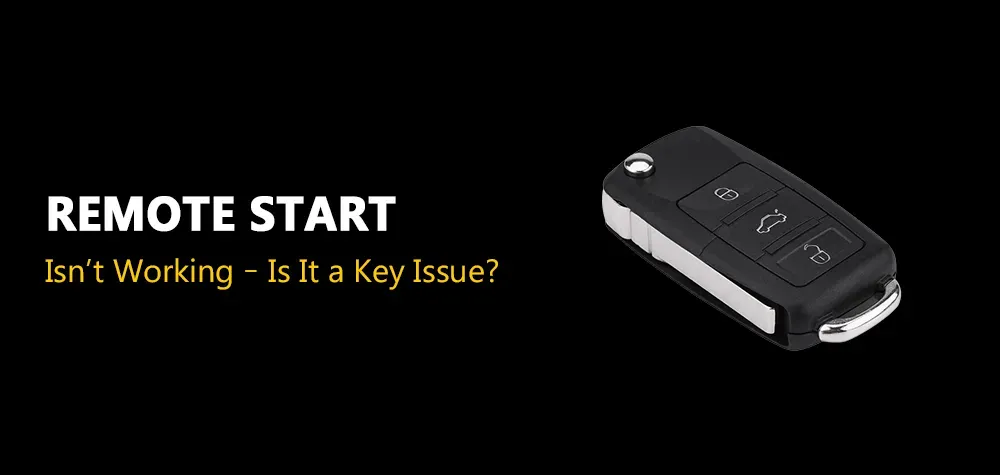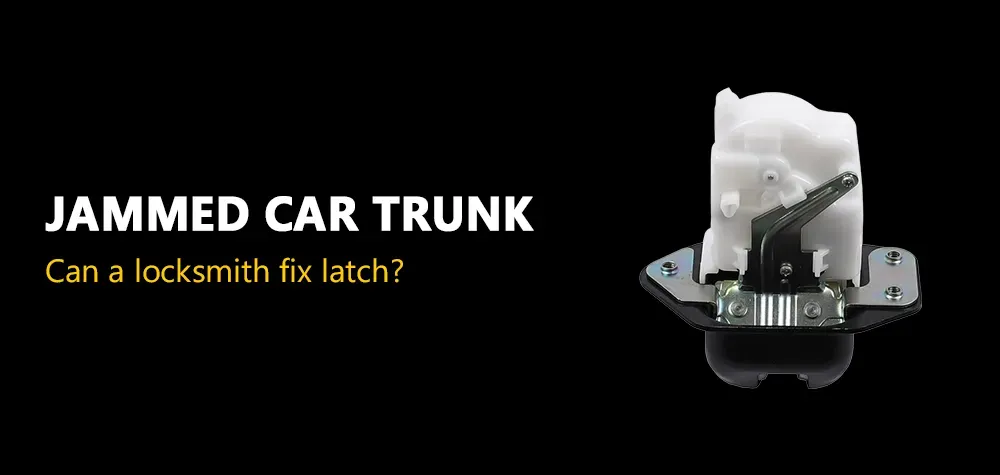Importance of Regular Safe Maintenance: Why It’s Crucial for Your Security
Maintaining your safe regularly is not just about ensuring it works when you need it. It plays a critical role in enhancing safety, extending the equipment's lifespan, and minimizing costly repairs down the line. Let’s delve into the key benefits of regular safe maintenance and why it should be a priority.
What Are the Benefits of Regular Safe Maintenance?
| Benefit | Description |
|---|---|
| Enhanced Safety | Regular maintenance ensures your safe locks and systems are functioning correctly, preventing unauthorized access. |
| Increased Efficiency | A well-maintained safe opens and closes smoothly, avoiding potential lock jams or malfunction during emergencies. |
| Extended Equipment Lifespan | Maintenance reduces wear and tear, allowing your safe to last longer without requiring repairs or replacements. |
| Reduced Breakdowns | By addressing minor issues early, regular check-ups prevent major breakdowns that could leave you without protection. |
Why Should You Maintain Your Safe Regularly?
1. Enhanced Safety and Security
A neglected safe can become vulnerable to tampering or malfunction, leading to potential security risks. Regular inspections by professionals like BROTHERS LOCKSMITH ensure all security measures are intact, giving you peace of mind.
2. Increase Efficiency
Over time, safes may develop issues like sticky locks or slow mechanisms. Routine maintenance ensures your safe operates smoothly, so you can access its contents without delays when you need them most.
3. Extend Equipment Lifespan
Like any piece of equipment, safes are subject to wear and tear. Simple upkeep, such as cleaning the lock mechanism and lubricating moving parts, can extend the lifespan of your safe by years. Regular maintenance saves you from the costs of premature replacements.
The Importance of Regular Security System Maintenance
Your safe is an integral part of your security system, but it works best when the entire system is well-maintained. Regular security system checks, including safe maintenance, increase the overall reliability of your home or office's defense.
- Increase Productivity: When your security systems work seamlessly, you avoid disruptions and can focus on more important tasks.
- Minimize Downtime: Regular maintenance minimizes the risk of unexpected lockouts or system failures, ensuring continuous operation.
- Cost Savings: Proper upkeep reduces the likelihood of expensive emergency repairs or the need for new installations.
Common Issues That Safe Maintenance Can Prevent
| Issue | How Regular Maintenance Helps |
|---|---|
| Lock Jams | Prevented by cleaning and lubricating the locking mechanism. |
| Faulty Electronic Locks | Regular battery checks and system updates prevent malfunctions in digital locks. |
| Rust or Corrosion | Protects metal components by keeping them clean and free from moisture. |
| Misaligned Bolts | Ensures that safe doors close tightly, maintaining maximum security. |
How Does Regular Safe Maintenance Improve Reliability?
A reliable safe is one that opens and closes precisely when needed. Periodic maintenance addresses potential issues before they escalate, ensuring that your safe remains dependable. Without proper care, even small malfunctions can turn into significant problems, leaving your valuables vulnerable.
Does Regular Safe Maintenance Save Money?
Yes, absolutely! Many people only service their safes after encountering problems, which can lead to costly repairs or even the need for a full replacement. By maintaining your safe regularly, you avoid expensive emergency locksmith services and extend the safe's useful life.
| Benefit | How It Saves You Money |
|---|---|
| Prevents Expensive Repairs | Catching and fixing minor issues early prevents costly repairs in the future. |
| Extends Safe Lifespan | A well-maintained safe lasts longer, delaying the need for costly replacements. |
| Minimizes Downtime | A functional safe avoids business disruptions, which could result in lost time and revenue. |
Expert Tips for Maintaining Your Safe
Here are a few essential tips to keep your safe in top shape:
- Clean the Lock Regularly: Use a soft cloth to wipe away dust and dirt from the lock to ensure smooth operation.
- Lubricate Moving Parts: Apply a light lubricant to the bolts and locking mechanisms to prevent stiffness.
- Check the Batteries: For digital safes, check and replace the batteries periodically to avoid unexpected lockouts.
- Inspect for Rust: Safes in humid environments are prone to rust. Regularly inspect and clean the exterior to prevent corrosion.
- Test the Safe’s Lock: Periodically lock and unlock the safe to ensure it’s functioning as intended.
- Hire a Professional Locksmith: Have a professional locksmith inspect your safe annually to detect and address any hidden issues.
What Happens If You Don’t Maintain Your Safe?
Failing to maintain your safe can result in several issues, including:
- Lock Failure: If dust or debris builds up in the lock, it can cause it to jam or fail entirely.
- Security Compromise: A neglected safe may become easier to break into or more prone to malfunction during an emergency.
- Costly Repairs: Without regular maintenance, minor issues can develop into serious problems that require expensive repairs.
- Shortened Lifespan: Neglecting your safe can significantly reduce its lifespan, leading to premature replacement.
Regular Safe Maintenance: A Must for Businesses and Homeowners Alike
Whether you use a safe to protect personal valuables or business assets, regular maintenance is crucial. From extending the life of your safe to minimizing security risks, keeping your safe in good working condition is a cost-effective way to ensure it remains reliable for years.
BROTHERS LOCKSMITH: Your Trusted Partner for Safe Maintenance
At Brothers Locksmith, we specialize in providing professional safe maintenance services to ensure your valuables remain secure. Our team of certified locksmiths will thoroughly inspect your safe, clean and lubricate the lock, check electronic systems, and ensure all parts are working correctly.
- Expert Technicians: Our team is trained to handle all types of safes, from traditional mechanical models to advanced digital systems.
- Comprehensive Services: We offer routine inspections, emergency repairs, and safe installations to meet all your security needs.
- Trusted Solutions: With our experience and reputation, you can trust us to keep your safe in top working condition.
Call Us Any Time!




